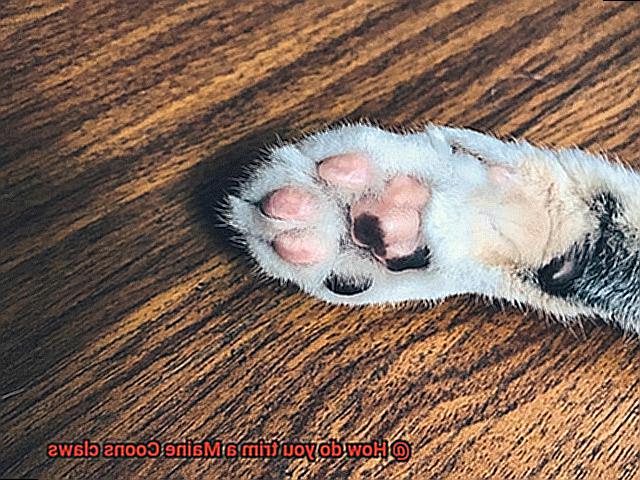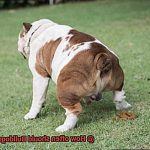Is it bad for a Bulldog to have an underbite?
Bulldogs are the epitome of strength and courage in popular culture, and their appearance is unmistakable. However, one unique feature that sets them apart from other dog breeds is their elongated lower jaw that causes an underbite. While many bulldog owners adore this physical trait, there is a growing concern among pet owners about whether or not it is harmful to the animal.
Some people worry that eating and breathing may be harder for bulldogs due to their underbite. But is this just a myth? Are there actual consequences of having an underbite on bulldogs, and can it be harmful if left untreated?
In this blog post, we will delve into the ins and outs of bulldog underbites to answer the question that many pet owners have been asking: Is it bad for a bulldog to have an underbite? We will explore potential problems that can arise from this trait and discuss available treatment options.
So join us as we embark on a journey to provide you with a clearer understanding of what having an underbite can mean for your furry friend. Together, we’ll discover whether or not this physical feature should cause concern for your beloved companion.
What is an Underbite?
Contents
However, it’s crucial to understand the potential health risks associated with this dental condition.
An underbite occurs when a dog’s lower jaw protrudes beyond the upper jaw, causing the lower teeth to overlap the upper teeth. While mild cases may not cause any issues, severe underbites can lead to dental problems, difficulty eating and drinking, chronic pain and discomfort, and even affect your dog’s appearance and self-esteem.
One of the biggest concerns with a severe underbite is dental problems. Bulldogs with underbites are more likely to develop gum disease and tooth decay due to food particles and bacteria getting trapped in their misaligned jaws.
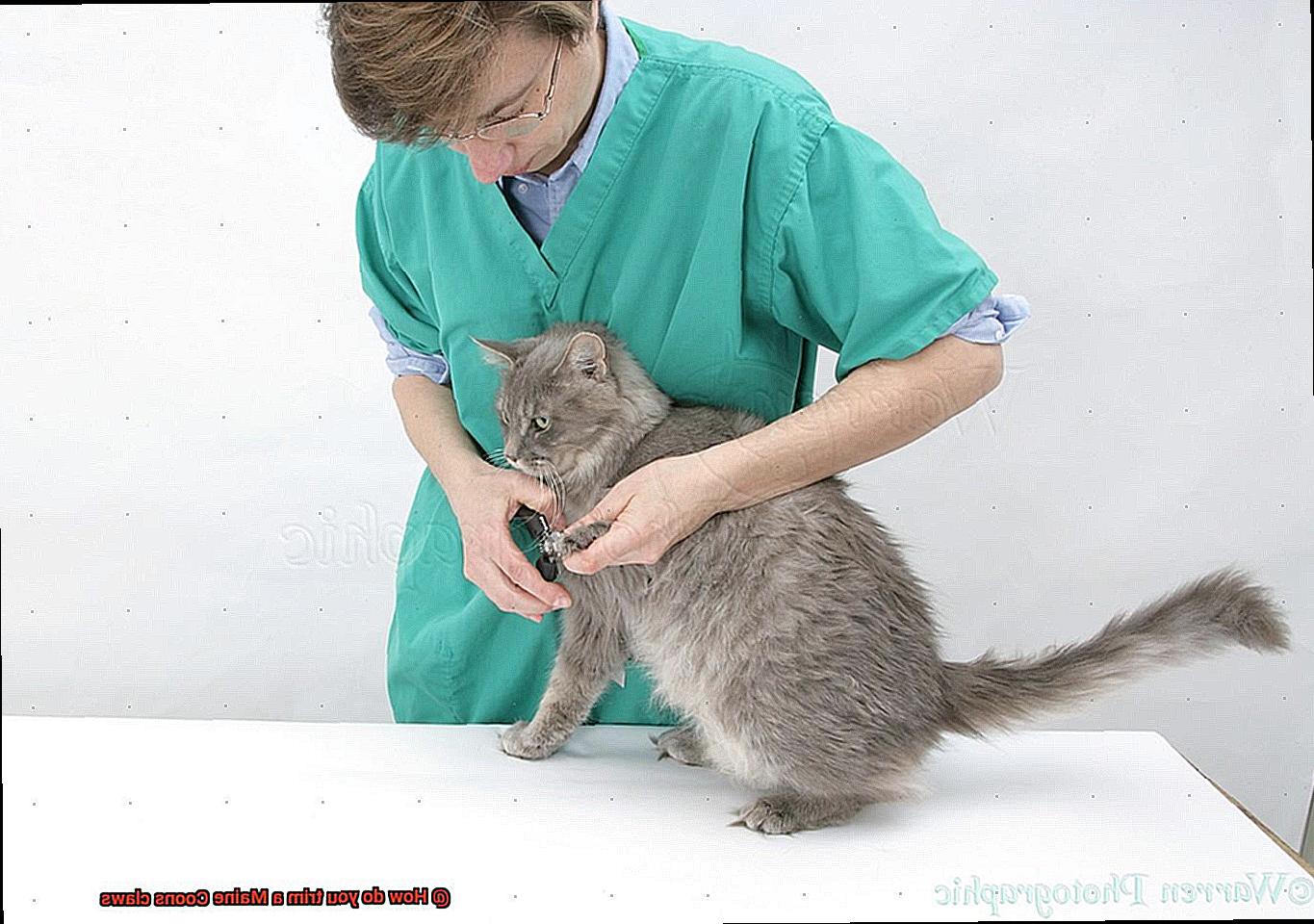
Moreover, difficulty eating and drinking is another issue that can arise from a severe underbite. Bulldogs may struggle to grasp and chew their food correctly, leading to digestive problems and malnutrition. They may also find it challenging to drink water, which can cause dehydration.
Additionally, a severe underbite can affect a Bulldog’s appearance and self-esteem. While some owners may find an underbite cute, others may worry that it will affect their dog’s confidence in socializing with other dogs or in public.
If you notice any issues related to your bulldog’s underbite, it’s vital to seek veterinary care. Orthodontic treatments such as braces or surgery can correct the issue. Regular dental check-ups and proper nutrition can also help mitigate some of these concerns.
Mild vs. Severe Underbite
However, it’s crucial to understand the differences between mild and severe underbites to ensure your pet’s health and happiness.
A mild underbite may seem harmless, but it occurs when the lower teeth slightly overlap the upper teeth, which can lead to excessive wear and tear on your pet’s teeth over time. On the other hand, a severe underbite happens when the lower jaw protrudes significantly beyond the upper jaw, potentially causing difficulty eating and breathing, as well as dental problems such as gum disease and tooth decay.
If you suspect your bulldog has a severe underbite, it’s essential to take them to a veterinarian for an evaluation. Your vet may recommend surgery to correct the issue and prevent further health complications.
It’s worth noting that not all bulldogs with an underbite will experience health problems. However, monitoring your pet’s dental health regularly and seeking veterinary care if you notice any signs of discomfort or difficulty eating is crucial. With proper care and attention, bulldogs with underbites can live happy and healthy lives.
Dental Problems Associated with an Underbite
Although some may find an underbite endearing, it can lead to serious dental problems that require veterinary attention and even surgery.
The misalignment of teeth caused by an underbite can result in tooth decay, gum disease, and infections. This occurs when the upper teeth grind against the lower teeth, causing wear and tear on the enamel and increasing the risk of fractures. One of the most common dental issues associated with underbites is malocclusion. This condition occurs when the teeth don’t line up correctly, making it difficult for your bulldog to chew food properly and increasing the risk of oral infections due to trapped food particles.
Periodontal disease is another dental problem that bulldogs with underbites may encounter. This happens when bacteria accumulates in the gums, leading to inflammation and potential damage to surrounding bone and tissue. Bulldogs with underbites are more susceptible to periodontal disease because they have difficulty cleaning their teeth effectively.
As a responsible pet owner, it’s crucial to prioritize your bulldog’s dental health. Regular brushing and professional cleanings can help prevent dental issues from occurring, while prompt treatment for existing problems can help minimize damage. If left untreated, dental problems associated with underbites can lead to chronic pain, difficulty eating, and even systemic health problems.
Eating and Drinking Difficulties
Due to their shorter lower jaw, bulldogs with underbites may struggle to pick up and hold onto food or water bowls. Additionally, their teeth may not meet correctly, making it difficult to chew their food effectively. These challenges can lead to digestive issues and even malnutrition if not addressed promptly.
Thankfully, there are several ways to help your bulldog eat and drink more comfortably. Using elevated food and water bowls can reduce neck strain and make it easier for them to reach their meals. Switching to softer food or smaller kibble can also help with chewing.
As a responsible owner, monitoring your bulldog’s eating and drinking habits is crucial. If you notice any difficulty or discomfort, don’t hesitate to consult with your veterinarian. They may recommend additional measures or treatments to alleviate any pain associated with the underbite.
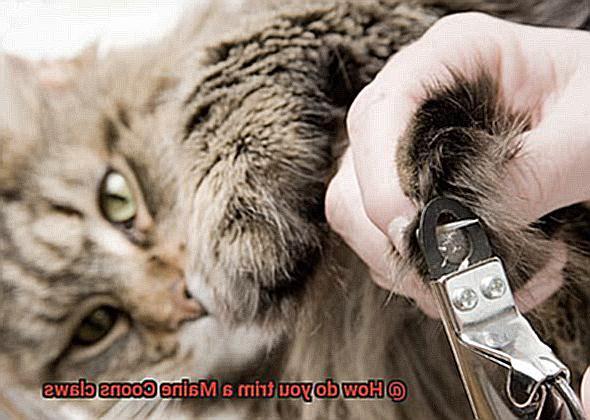
Effects on Appearance and Self-Esteem
Bulldogs are a beloved breed, known for their wrinkly faces and distinct underbites that add to their charm. However, as an expert on the effects of underbites on appearance and self-esteem, I can tell you that there are potential negative effects that owners should be aware of.
Physically, an underbite in a bulldog can cause dental problems such as overcrowding, misalignment, and difficulty chewing. This can lead to pain, discomfort, and even infections if left untreated. Not only can this be harmful to your dog’s health, but it can also negatively impact their appearance. Your bulldog may have difficulty eating, leading to weight loss or malnutrition that can impact their coat quality and overall appearance.
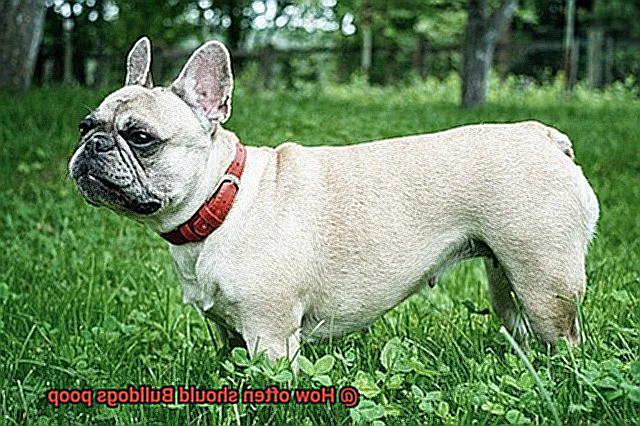
In addition to physical problems, an underbite can also affect a bulldog’s self-esteem. Dogs with noticeable physical differences may feel self-conscious or even embarrassed about their appearance.
This can manifest in behavioral issues such as aggression or anxiety. As a caring owner, it is essential to keep an eye out for any changes in your bulldog’s behavior or mood related to their underbite.
However, not all bulldogs with underbites will experience these negative effects. Some may have no physical problems or emotional distress related to their underbite. It is still important for owners to be aware of the potential issues and take steps to address them if necessary.
Simple adjustments like using elevated bowls and softer food can help alleviate the struggle of picking up food and chewing effectively.
Mitigating the Risks of an Underbite
These lovable pups may look adorable with their signature underbite, but it can lead to a host of health problems, including dental issues and respiratory discomfort. That’s why addressing this issue as soon as possible is crucial for their overall well-being.
So how can you keep your bulldog healthy and happy despite their underbite? The answer lies in a combination of proper dental care, a healthy diet, and corrective surgery when necessary.
First and foremost, taking good care of your bulldog’s teeth is essential. Regular brushing and dental check-ups can help prevent tooth decay, gum disease, and other dental problems that can make the underbite worse. By keeping their teeth clean and healthy, you can help ensure that your furry friend doesn’t experience any unnecessary pain or discomfort.
A balanced diet is also crucial for mitigating the risks of an underbite. Maintaining a healthy weight is essential for respiratory health, which can be compromised by excess weight. A nutritious diet can also help prevent other health problems like diabetes, which can exacerbate the underbite.
In some cases, corrective surgery may be necessary to correct the bite and mitigate the risks of an underbite. However, it’s important to note that surgery isn’t always suitable for all bulldogs and should only be considered after consulting with a veterinarian.
BGwO_Mk2kbE” >
Conclusion
In conclusion, while it may be tempting to swoon over the adorable underbite of your bulldog, it’s important to recognize that this unique physical trait can come with potential health risks. Severe underbites can cause dental problems, difficulty eating and drinking, chronic pain, and even affect your dog’s appearance and self-esteem.
However, not all bulldogs with underbites will experience these negative effects. Some may have no physical problems or emotional distress related to their underbite. As a responsible pet owner, it is crucial to monitor your bulldog’s dental health regularly and seek veterinary care if you notice any signs of discomfort or difficulty eating.
If your bulldog has a severe underbite, orthodontic treatments such as braces or surgery may be necessary to correct the issue. Regular brushing, professional cleanings, and proper nutrition can also help mitigate some of these concerns.
It’s worth noting that mitigating the risks of an underbite requires a combination of proper dental care, a healthy diet, and corrective surgery when necessary.
By taking good care of your bulldog’s teeth and maintaining a healthy weight through nutritious food choices, you can help prevent tooth decay, gum disease, respiratory discomfort, malnutrition and other health issues that can make the underbite worse.
